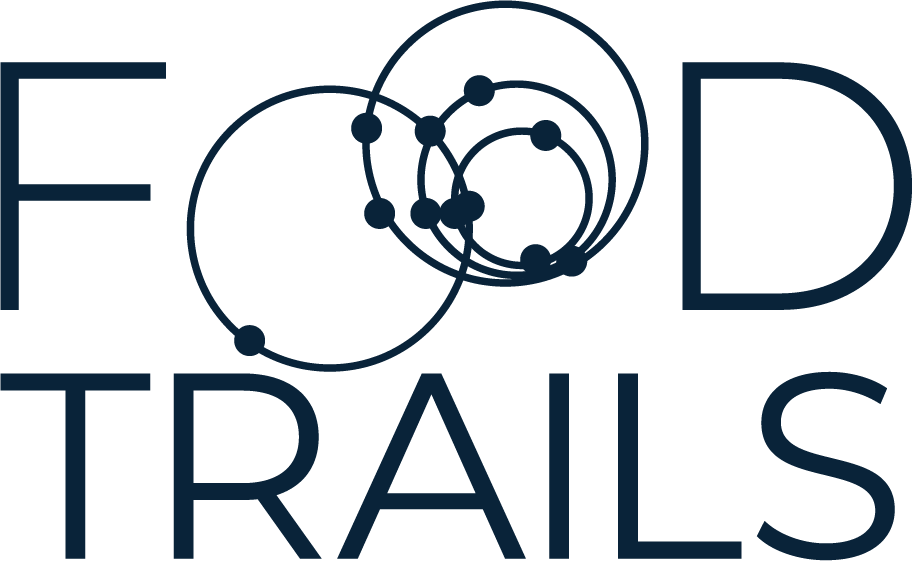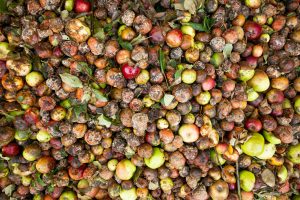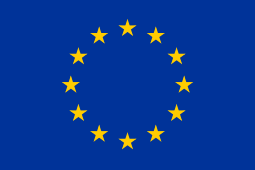On July 6, 2022, the Food Trails project hosted an interactive workshop on the topic of “Indicators for monitoring the progress and impact of food system actions”. The session was addressed to practitioners and non-EU-funded projects working to support a transformation of the European food system, with the aim to connect, exchange knowledge, approaches, and potential areas for action and collaboration.
This work is part of Food Trails objective to facilitate connections among actors who can impact the Food 2030 Framework and to create links with other projects to advance this Framework, to engender a wider transformation of the European food system.
The first Food Trails’ interactive workshop took place on May 11 on the topic of “Food policies and their contribution to shaping food systems“, the July 6 workshop was the second and last in the series. The two workshops used a digital Dialogue Forum tool developed by EAT in the EU Horizon 2020 CO-CREATE project.
The session on “Indicators for monitoring the progress and impact of food system actions” opened with a presentation on the Milan Urban Food Policy Pact’s Monitoring Framework.
Designed for cities by cities, this tool helps monitor the impacts of urban food system policies and strategies. It is a handbook that provides practical steps, top tips and a methodology for any cities wishing to adopt and implement a monitoring framework.
A representative from Mazingira Institute in Nairobi, Kenya, shared experience from their pilot implementation of the MUFPP Monitoring Framework. As part of the pilot, the City established a Cross-Sectoral Consultative Group (CCG), which presented an opportunity for collaboration between multiple administrative departments. Three indicators were selected, and adapted for local application. Data for the three indicators came from available government statistics, as well as additional field data. One of the pilot’s key findings was that most public data and indicators are gender neutral, and so do not facilitate gender analysis.
The second part of the session was devoted to group discussions. A series of questions guided participants through a reflection on challenges, opportunities and areas of actions of using a monitoring framework.
Overall, obstacles experienced in relation to indicators for monitoring impact include:
- access, availability, consistency and specificity of data;
- skills and resources to collect, analyse and communicate outcomes;
- choosing and adapting indicators to local contexts.
However, it was agreed that indicators and monitoring impact brings significant benefits: they are key to measuring transformation, identifying and demonstrating impacts, and communicating complex concepts to the general public or politicians. Adapting indicators to local contexts can also be used to attract investments, drive political commitment, and collaborate with different stakeholders.
At the end of the workshop, actions for monitoring impacts were discussed, and covered:
- adapting and integrating indicators in early-stages of projects;
- assigning resources and personnel in local governments to lead on indicators and monitoring, with budget to collaborate with other experts;
- advocacy on the value and importance of monitoring activities to improve your project and communication of results;
- engaging local communities and projects to build partnerships and collaboration.
A total of 33 participants from various projects and institutions across Europe joined, including from: CUNY School of Public Health – European Public Health Alliance – FAO, Urban food systems and resilience – Food4Sustainability – Healthy Food, Healthy Planet – IFAD – Lancaster University – Mazingira Institute, Nairobi – MUFPP Secretariat – Red de Municipios por la Agroecología – Unimol – University of Oxford – University of Porto – World Union of Wholesale Markets
We want to thank all participants for joining us and we hope they feel inspired and ready to take action!
You can find the original event registration page here.
You can read and download the Milan Urban Food Policy Pact’s Monitoring Framework here.







